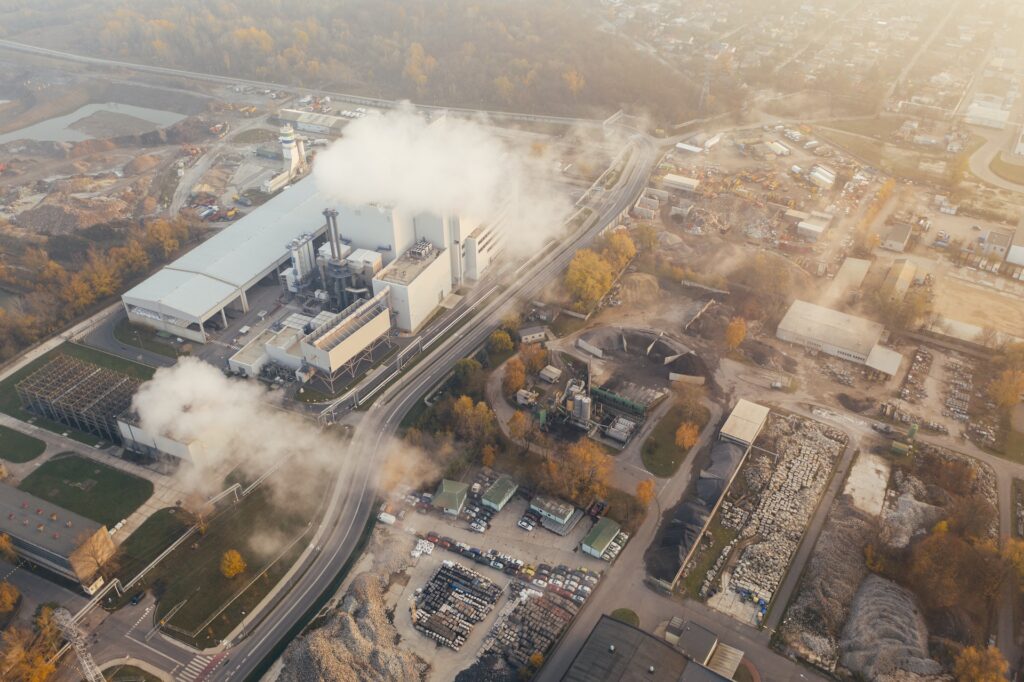The impact of environmental factors on health, including pollution and climate change.
Introduction
Ecological variables are crucial determinants of human well-being, assuming a critical part in the prevalence and frequency of different sicknesses around the world. Contamination and environmental change are two basic ecological elements that can influence human well-being in various ways. Contamination, such as air, water, or soil contamination, can cause respiratory, cardiovascular, neurological, conceptive, and malignant growth-related ailments. In the interim, environmental change, which is essentially brought up by the arrival of ozone-depleting substances, can prompt outrageous climate occasions, rising ocean levels, and heat waves, among different results, that can affect human well-being.
Understanding the effect of environmental variables on well-being is urgent for creating arrangements, interventions, and techniques that can alleviate their belongings. Over the past few decades, the world has seen the devastating consequences of unchecked pollution and climate change, resulting in severe health crises, loss of life, and economic damage. Therefore, it is imperative that we increase awareness about the impact of environmental factors on health and take measures to address them.
Pollution and health
Contamination is quite possibly the main ecological component that can influence human well-being. It can take different structures, like air, water, or soil pollution, and can emerge out of different sources, including modern cycles, transportation, and . agricultural activities. Contamination can cause a scope of medical issues, from respiratory and cardiovascular infections to neurological, conceptive, and disease-related sicknesses:

- Air contamination is one of the most well-known sorts of contamination, and it can have extreme well-being impacts, especially on weak populations like youngsters, the older, and those with prior ailments. Openness to air contamination can cause respiratory ailments like asthma, ongoing obstructive aspiratory infection (COPD), and cellular breakdown in the lungs. Also, air contamination has been connected to cardiovascular sicknesses, including coronary episodes and stroke. Late examinations have likewise connected air contamination openness to neurodegenerative infections like Alzheimer’s illness and Parkinson’s sickness.
- Water contamination is one more kind of contamination that can fundamentally affect human well-being. It can cause gastrointestinal ailments like loose bowels, cholera, and typhoid fever. Openness to contaminated water can likewise prompt skin rashes, eye contaminations, and other medical conditions. One of the most notable instances of water contamination is the Rock water emergency, where lead tainting of the drinking water supply caused far and wide medical conditions and provoked a general well-being crisis.
- Soil contamination can likewise have huge well-being impacts, especially on the people who work in horticulture or live close to modern locales. Openness contaminated with soil can cause different medical conditions, like skin aggravation, respiratory issues, and neurological problems.
All in all, contamination is a huge ecological element that can affect human well-being in different ways. Legislatures, people, and partnerships need to cooperate to alleviate the impacts of contamination on human well-being by carrying out arrangements and systems that lessen contamination levels and advance perfect and feasible conditions.
Climate change and health
Environmental change is a drawn-out shift in worldwide weather conditions brought about by human movement, fundamentally the emanation of ozone-depleting substances like carbon dioxide and methane. Environmental change can have extreme well-being results, and its effect on human well-being is projected to increment before very long.

One of the main outcomes of environmental change is outrageous climate occasions, for example, heat waves, dry spells, and tropical storms. Openness to outrageous intensity can cause heat depletion, heat stroke, and drying out. Drawn-out openness to intensity can likewise worsen previous ailments, like cardiovascular infections and respiratory diseases.
Environmental change can likewise build the predominance of irresistible illnesses. Changes in temperature and precipitation examples can modify the circulation and lifecycle of sickness-conveying vectors like mosquitoes, ticks, and rodents. Also, environmental change can prompt food and water deficiencies, which can build the gamble of unhealthiness and waterborne sicknesses like cholera.
Besides, environmental change can have huge emotional wellness results, especially for the people who live in regions inclined to outrageous climate occasions. Catastrophic events like tropical storms, floods, and rapidly spreading fires can cause post-horrendous pressure problems (PTSD), discouragement, and tension.
Vulnerable populations like youngsters, the older, and low-pay networks are especially in danger of the well-being impacts of environmental change. Kids, for instance, are more powerless against the impacts of intensity and air contamination, while the older is more helpless to warm stroke and other intensity-related sicknesses.
All in all, environmental change is a critical natural component that can affect human well-being in different ways. State-run administrations, people, and organizations need to make a move to moderate the impacts of environmental change on human well-being by carrying out approaches and systems that diminish ozone-harming substance discharges and advance environment strong networks.
Mitigating the impact of environmental factors on health
Relieving the effect of environmental variables on well-being requires a far-reaching approach that includes different partners, including legislatures, people, and organizations. Here is a portion of the procedures and intercessions that can assist with diminishing the effect of environmental variables on well-being:

- Executing arrangements to decrease contamination levels: Legislatures can carry out approaches that lessen contamination levels, like guidelines on discharges from modern cycles, transportation, and energy creation. Moreover, states can advance the utilization of sustainable power sources, for example, sunlight-based and wind power, which can diminish the discharges of ozone-harming substances and further develop air quality.
- Increasing access to clean water and sanitation: Giving admittance to clean water and disinfection can assist with diminishing the predominance of waterborne illnesses and work on generally speaking wellbeing. State-run administrations can put resources into water treatment offices, sterilization frameworks, and cleanliness schooling projects to guarantee that networks approach clean water and disinfection.
- Advancing feasible farming practices: Rural exercises can add to contamination and soil corruption, which can affect human well-being. States can advance maintainable agribusiness practices like harvest revolution, protection culturing and incorporated bother the board, which can lessen contamination and advance soil wellbeing.
- Building environment-strong networks: Legislatures and networks can do whatever it may take to fabricate flexibility to the well-being impacts of environmental change, like further developing foundations, growing early admonition frameworks for outrageous climate occasions, and advancing general well-being training programs.
- Individual activities: People can make moves to lessen their effect on the climate, like utilizing public transportation, diminishing energy utilization, and reusing. Furthermore, people can advocate for arrangements that advance ecological manageability and general well-being.
All in all, relieving the effect of natural variables on well-being requires a diverse methodology that includes different partners. By cooperating to carry out strategies, advance maintainable practices, and fabricate flexibility to the well-being impacts of ecological elements, we can make a better and more manageable future.
Conclusion
Ecological factors, for example, contamination and environmental change altogether affect human well-being. Openness to contamination can cause respiratory, cardiovascular, and neurological sicknesses, while environmental change can build the commonness of irresistible infections, heat-related diseases, and psychological wellness issues. Vulnerable populations like youngsters, the older, and low-pay networks are especially in danger of the well-being impacts of natural elements.
It is fundamental to perceive that the effect of ecological elements on well-being is a worldwide issue that requires worldwide collaboration and activity. By cooperating, we can make a better, more maintainable, and equitable future for all.
Mar 10, 2023 4 comments









